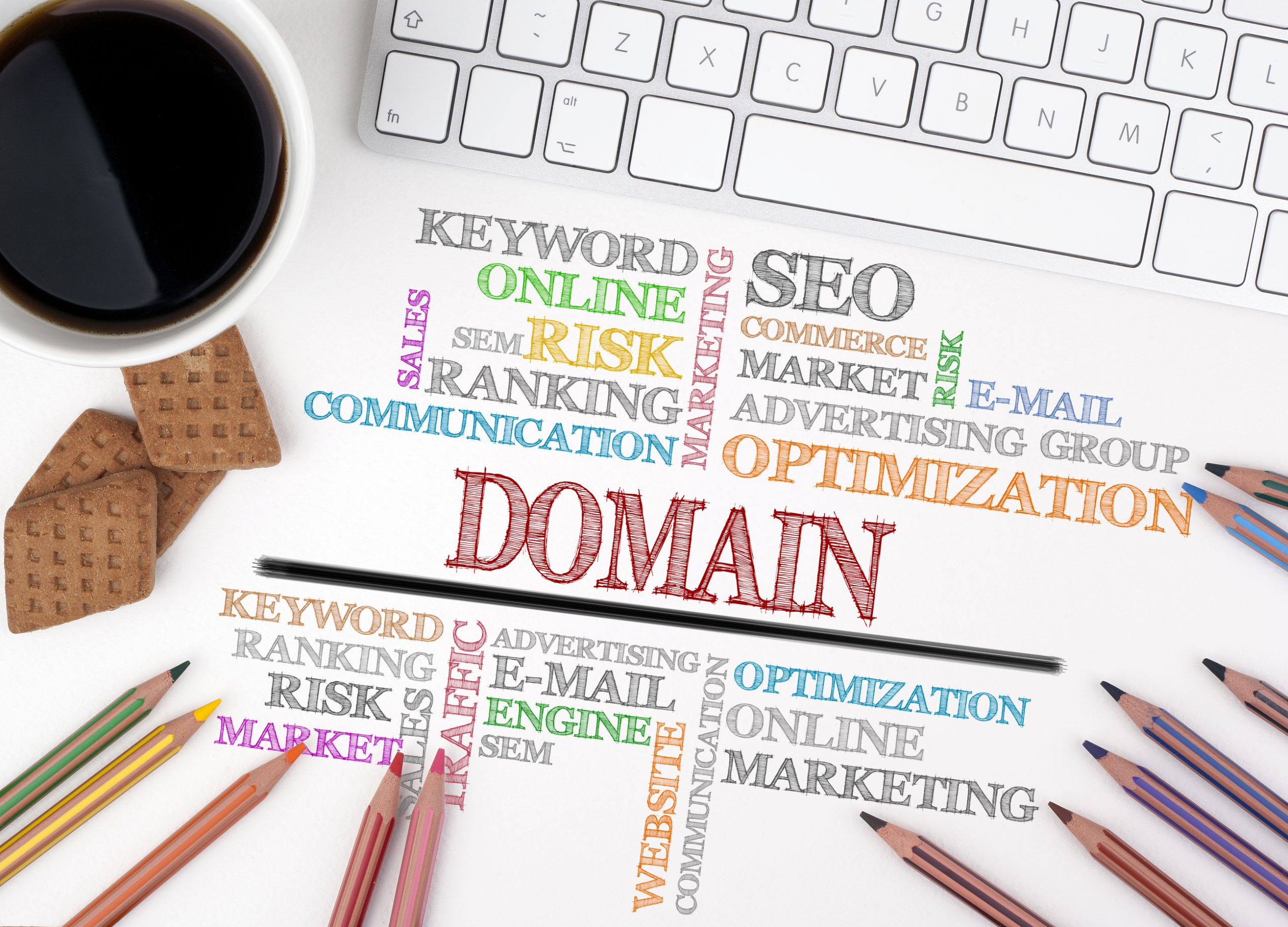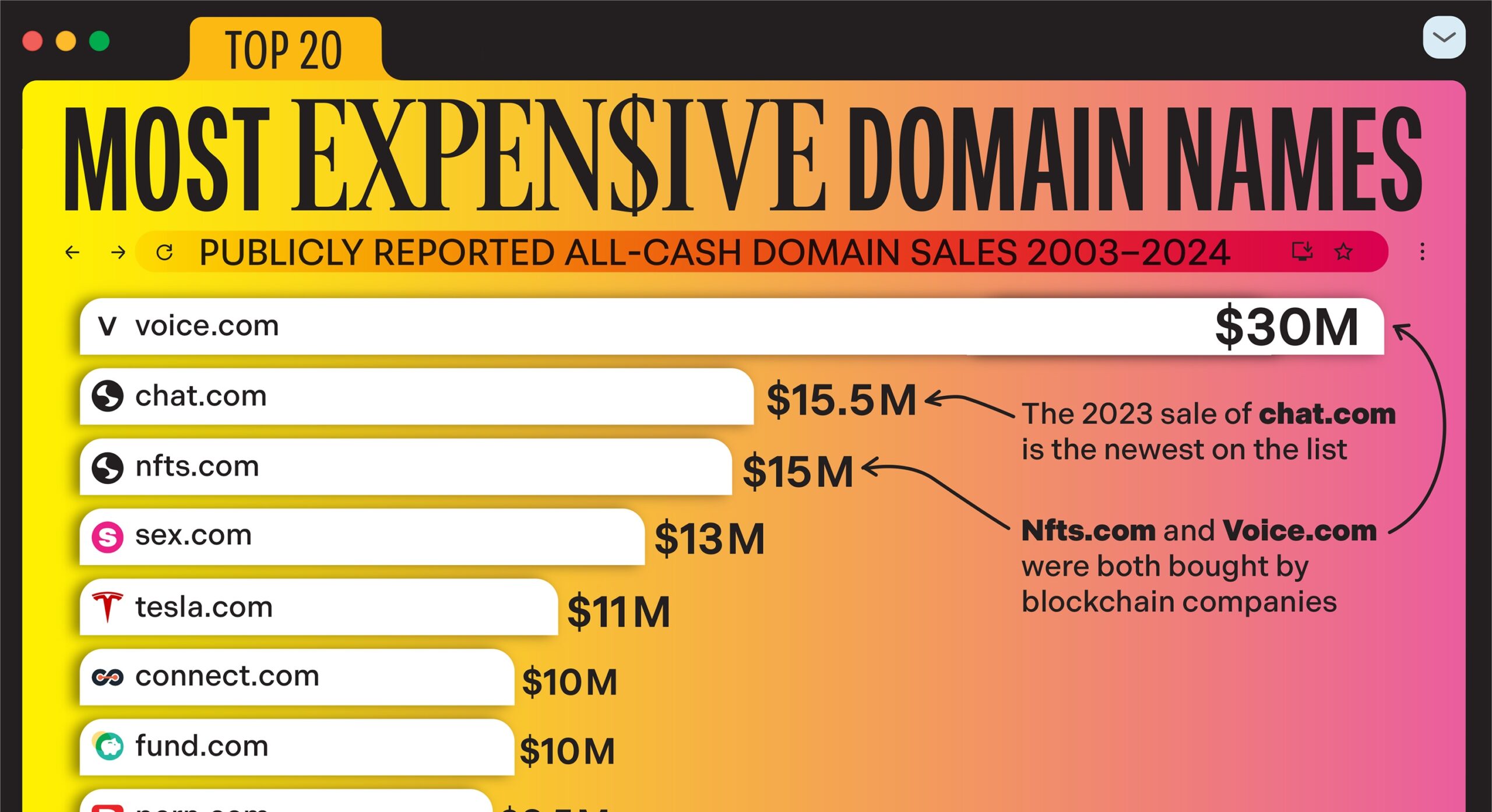Most Expensive Domains Ever Sold
If you’d had the foresight to register a domain name like golf.com or hotels.com when the internet first started, you’d have been sitting on a goldmine. Domain name valuation expert and broker Joe Uddeme investigates. What Are The Most Expensive Domains Ever Sold – An Expert Analysis In the vast landscape of the internet, domain names serve as the digital addresses that guide users to websites. Think of a domain name as the online equivalent of a physical address; it’s how people find you in the vast expanse of the web. Whether you’re a business, a blogger, or an individual, having a memorable and relevant domain name is crucial for establishing your online presence. Domain names are not just about being found; they are about being remembered and trusted by your audience. Domain names sell for a wide range of prices, from just a few dollars to millions, reflecting their value and market demand. A relevant domain name can improve a site’s visibility and attract organic traffic by aligning with users’ search behaviors and preferences in different search engines. In this guide, we’ll look at some of the many factors behind domain name values and explore those that sold for the highest prices. Key Takeaways Serious bidders always assess the potential return on their investment before bidding. The most expensive domain name ever sold for just under $1 billion. Short, memorable names command a higher premium than ever. Domain names can be traded like shares – with fortunes being made (and lost)! What Makes Valuable Domain Names? A domain name’s value is influenced by several key factors. First and foremost, rarity plays a significant role. Just like rare collectibles, domain names that are unique and scarce tend to be more valuable. Demand is another critical factor; a domain name that is highly sought after by businesses or individuals will naturally command a higher price. Revenue potential is also a major consideration. A domain name that is easy to remember and directly relevant to a business or brand can drive significant traffic and, consequently, revenue. Brand recognition and online presence further enhance a domain name’s value, as a well-known name can attract more visitors and establish trust. The concept of an ’empty domain’ highlights that true value lies in memorable and brandable domains rather than random letter combinations. The length and structure of a domain name are also important. Shorter domain names, especially those consisting of a single word or a combination of two words, are generally more valuable. Avoiding hyphens, underscores, and other punctuation can also help maintain a domain name’s value. Market conditions, however, can make seemingly meaningless combinations valuable, as seen with some of the most expensive domain names sold in 2023. Lastly, the domain extension, or top-level domain (TLD), can impact value. The most valuable TLDs are .com, .net, and .org, as they are widely recognized and trusted by users.






